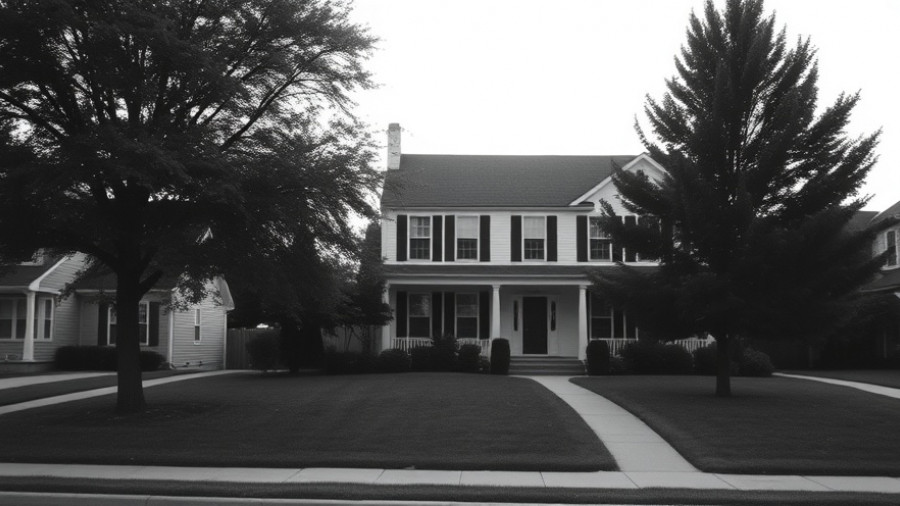
Understanding the Housing Market in a Recession
As discussions about a possible recession become more prevalent, it's crucial for homeowners and potential buyers to understand what this could mean for the housing market. Historically, recessions have had varying impacts on home prices, and understanding these trends can help navigate decisions regarding buying or selling property.
Common Misconceptions About Home Prices
Many individuals fear that a recession will invariably lead to a drop in home prices, akin to the 2008 crisis. However, data suggests that this perception is misleading. According to research from CoreLogic, prices actually increased in four of the last six recessions. This trend indicates that while market conditions fluctuate, significant downturns in home values are not the norm during economic slowdowns.
Mortgage Rates: A Better Picture for Buyers?
Another aspect to consider is the behavior of mortgage rates during recessions. Historically, these rates tend to decline as the economy contracts, making borrowing more affordable—even though rates near the 3% mark may not return. This dynamic often presents an opportunity for buyers to secure more favorable mortgage terms, enhancing home affordability amid fears of a recession.
What This Means For You
As the possibility of a recession looms, navigating the housing market requires a keen understanding of these historical trends. For homeowners, knowing that a downturn doesn’t always spell disaster for home values can provide reassurance. For buyers, understanding that mortgage rates may decline could offer an avenue to purchase a home with favorable terms.
Ultimately, the impact of a recession on the housing market is complex and nuanced. Those considering real estate transactions should remain informed and approach their decisions with careful analysis and historical context in mind. As you assess your options, ask yourself: How do these trends affect your plans regarding home ownership?
 Add Row
Add Row  Add
Add 




Write A Comment